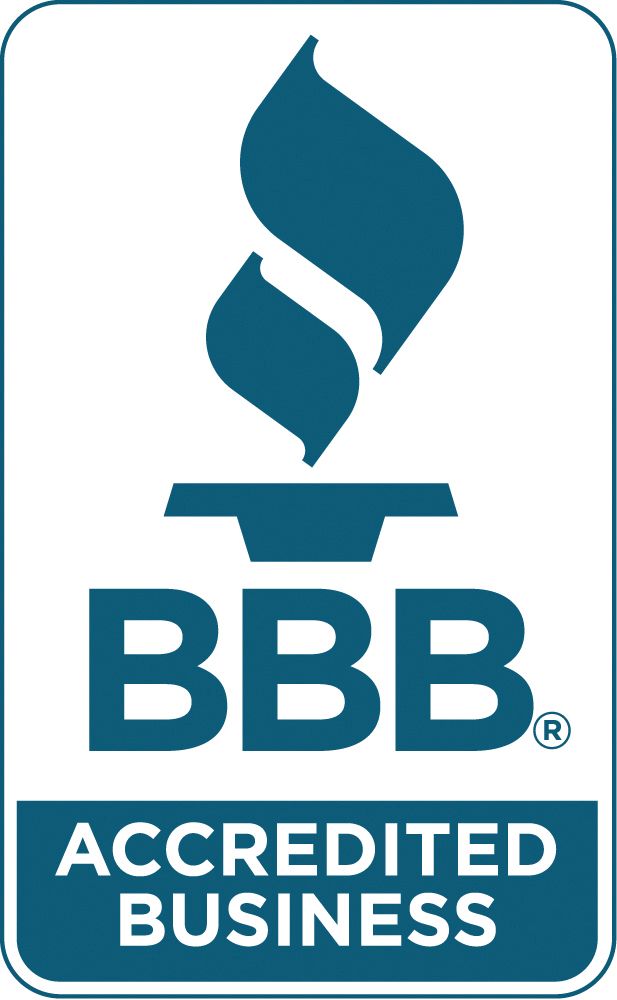Suicide Prevention: The “C” Word
Suicide prevention is not only about treatment, it is also about the language.

When we talk about suicidal prevention, often the discussion turns to the “C” word. Why do the media and the public continue to use the word “Commit” when discussing suicide? This term is misused when people think about or want to kill themselves. And some in the behavioral health field may not understand the importance of this word and its impact on the client, their practitioner, and the behavioral health organization.
According to an article from the International Risk Management Institute, terms related to suicide evoke powerful images and messages. Those around the person contemplating suicide have their personal opinions about it, such as “they’re selfish” or “it’s their choice,” which complicate the matter. Plus, using terms like “commit” make the client seem like a criminal, similar to other “commit” phrases (committing murder, burglary, arson, etc.). The article points out alternative terms that practitioners and family members can use below:
Say this Instead of this
Died of suicide Committed suicide
Suicide death Successful attempt
Suicide attempt Unsuccessful attempt
Person living with suicidal thoughts or behavior Suicide ideator or attempter
Suicide Completed suicide
(Describe the behavior) Manipulative, cry for help, or suicidal gesture
Working with Dealing with suicidal crisis
If we want to reduce to improve suicide prevention in this country, there must be a different way to discuss this to talk about it. Education programs in school and with clients, discussing suicide with parents and families, and understanding the resources available are helpful to everyone. As posed in an article by the Centre for Suicide Prevention, “Like so much of the language we use, there are underlying, negative connotations to the phrases (we use).”
Other experts have examined the language as well. In an article on Speaking of Suicide, Dr. Stacey Freedenthal commented, “Some suicide prevention advocates use the term “completed suicide” because they view it as an acceptable alternative to “committed suicide.” Not all suicide prevention advocates agree, of course. The State of Maine’s Suicide Prevention Program, for example, states on its website, “Both terms (committed and completed) perpetuate the stigma associated with suicide and are strongly discouraged.”
When working with clients who have suicidal thoughts, it is vital to use a neutral form of language. Asking, “Have you had thoughts about killing yourself?” “Do you want to end your life?” and other strategies have the same impact of discussing the seriousness of their situation but with less stigma for the client. Suicide prevention is not only about treatment, it is also about the language.




